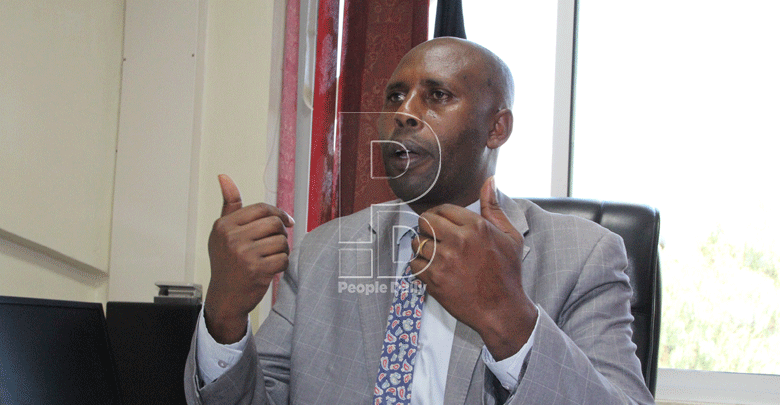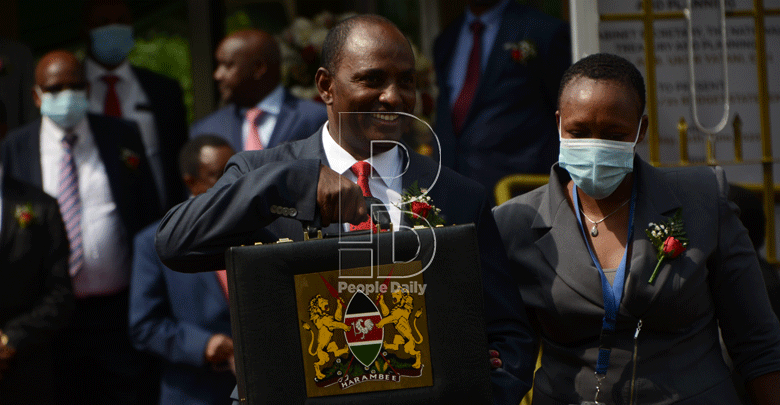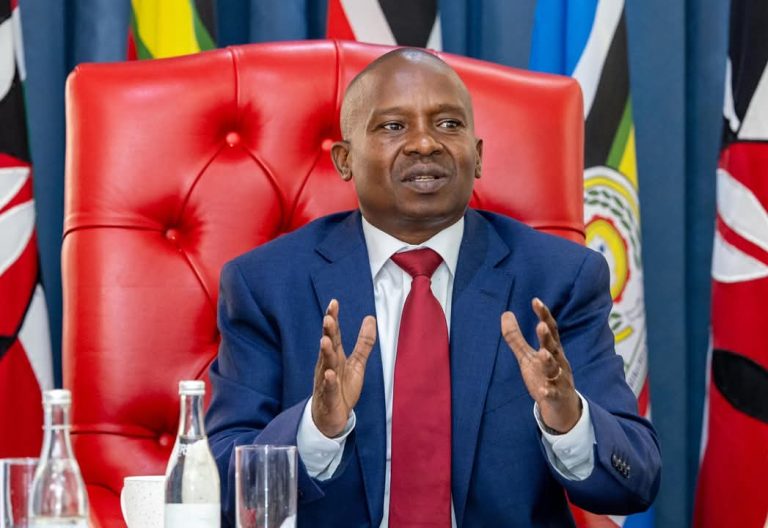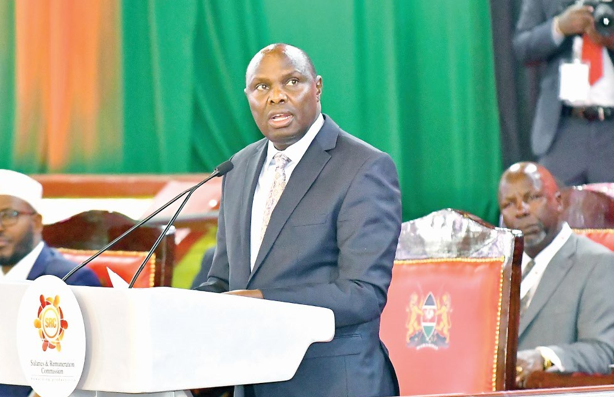Treasury yet to explore deficit financing options 4 years later
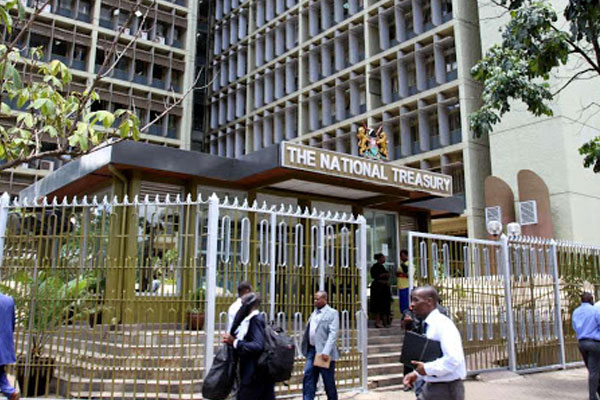
Lewis Njoka @LewisNjoka
National Treasury is yet to explore non-traditional budget deficit financing options nearly four years after it began including them in its Budget Policy Statements.
In its 2021/22 budget proposal, Treasury says it plans to explore financing options such as Islamic financing instruments, Green bonds, Samurai bonds, Panda bonds, and Diaspora bonds.
Samurai bond is a yen-denominated bond issued in Tokyo by non-Japanese companies while Panda bond is a Chinese renminbi-denominated bond from non-Chinese issuers sold in China.
Experts, however, observe that while Treasury has been saying the same for the last four financial years, it is yet to make any concrete steps towards realising the plans.
Instead, it has reneged on an earlier plan to stay away from commercial borrowing and will soon issue two Eurobonds, one this financial year and the other in financial year 2021/22.
This is despite promising to avoid commercial external loans in favour of the more affordable concessional loans in the proposed 2021/22 budget. “It’s like copy and paste if you ask me.
I don’t think they have put much effort in executing them,” said the head of research at Genghis Capital, Churchill Ogutu.
“We are still at a stage where the most viable of those other bonds is the green bond, which I suspect they will be keener on realising in the short term,” he added.
Green bonds are usually raised for specific environment-friendly projects. Ogutu said it would be difficult to assess the effectiveness of the new bonds, which seek to diversify the budget financing options, until they have been implemented.
““The main focus here is looking at ways of reducing the debt servicing costs. Ultimately, that is what is on their minds,” he said.
Samuel Nyandemo, a senior economics lecturer at the University of Nairobi described the new financing options as viable, saying they were part government efforts to respond to the tough economic situation it is facing.
“The government has been fixed into a corner so it is speculating many avenues of raising money.
It is not a question of how much we can raise but if we can raise something that can supplement whatever we are likely to get from other sources,” he said.
Budget estimates
Last Thursday, Treasury presented before Parliament the final budget estimates for 2021/22 financial year amounting to Sh3.6 trillion, the largest in Kenya’s history.
Of the amount, there is a deficit of Sh952.9 billion which Treasury will have to fill through a combination of external and internal borrowing.
This will, however, add to an already ballooning public debt which stood at Sh7.3 trillion as of March, according to Central Bank of Kenya figures comprising Sh3.8 trillion external debt and Sh3.6 trillion domestic debt.
Aly Khan Satchu, an investment analyst, noted that the options have been on the table for a while but advised that the government should only explore them after fully exploiting the option of concessional loans.
He said the overall environment remains one of benign interest rates and therefore rates for the above options should remain competitive.
“But those options should only be pursued if the concessional avenue is exhausted, and in small sizes, as market opening measures,” Satchu said.

